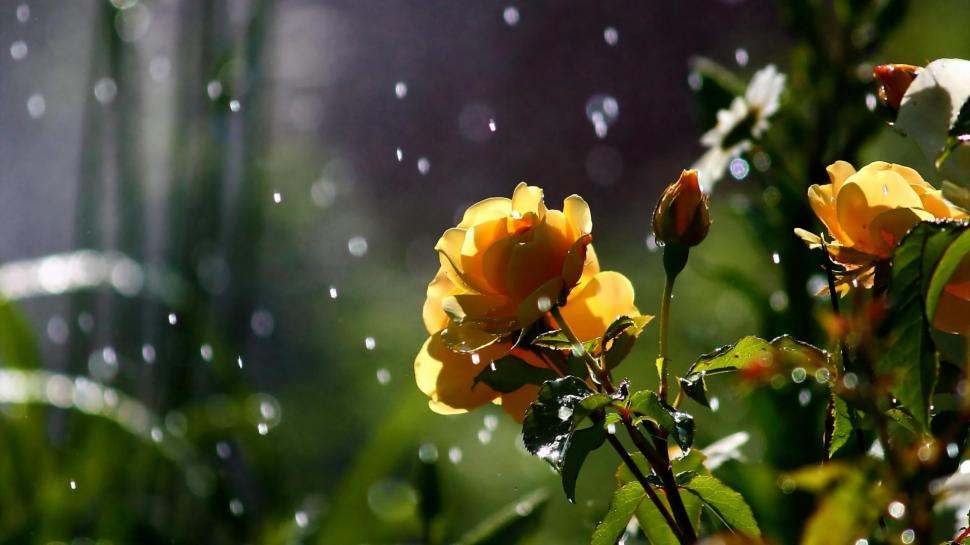When I met James for our first assessment session a few weeks back, in the same private fitness studio in downtown Manhattan where we’d be meeting today, he said to me, “I want to look like you.” I remember hoping he meant to look fit and healthy, not ripped and starving while wearing high heels, as I was in my online competition pictures. James had found me through my website, where I’d posted these images.
He needed to lose about twenty pounds. Taking care of his health seemed to be a priority for him. However, he mentioned he had just broken up with his girlfriend, and that his main goal was to get in shape before joining a dating website.
I was meeting him for our fifth session.
“How are you feeling, James?”
“I am very well,” he replied, but there was a sad look in his eyes that told a truth his words wouldn’t. His heart was broken.
“Let’s get started.” I gave him some warm-up exercises. James was an easygoing, friendly person, and I instantly felt comfortable talking with him about matters of the heart. So I asked him, “What is the meaning of life to you?”
“What a big question for a Monday morning,” he said, trying to concentrate on his plank hold. After a moment, he added, “I think the meaning of life is to be happy.”
“What makes you happy?” I asked, curious.
“I’d like to have my girlfriend back,” he said, looking at the floor.
“So your girlfriend gives meaning to your life?” I ventured, trying to express my doubt.
He was quiet for a moment. We moved on to the squat rack. Eventually, he said, “Well, for that, she needs to understand me better and love me for who I am.” He looked at himself in the mirror and squeezed his belly.
“What do you mean by that?”
“I mean, that way she would complete me and I would be happy. I like having someone to share my life with. The special moments, you know? Someone to travel with, talk to, sleep with, go out to dinner with, and maybe have a child with. A partner. This is who I am. I’m used to being with someone. It’s tough being alone.”
James’s last sentence didn’t make sense to me. “In my opinion,” I told him, “knowing who you really are requires being alone. Being with other people because we are used to it is only another way to escape from knowing ourselves.”
How ironic it was that I needed to hear that, too!
By the time I’d finished sharing my thoughts, James had squatted for ten minutes. He’d burned quite a lot of calories, and had his hand on his chin in the Thinker’s pose. I left our session hopeful, wondering if he’d understood what I’d said, and pondering it in my own thoughts as well.
Before our meeting the week after, he sent me his picture. He was standing in front of the mirror and showing his belly. The message read: Look, Valeria! I have lost three pounds already and my belly is looking smaller. You are amazing! I am going to sign up for a dating website today—I am tired of being alone! I will see you later.
Much Love!
Valeria Teles






